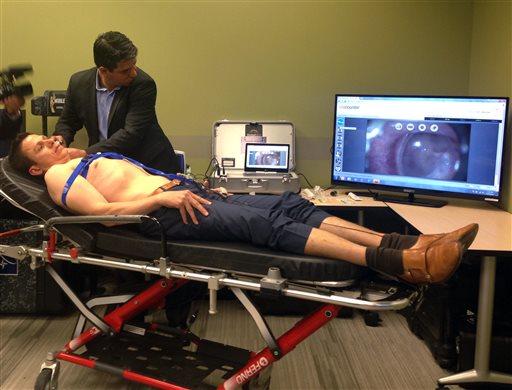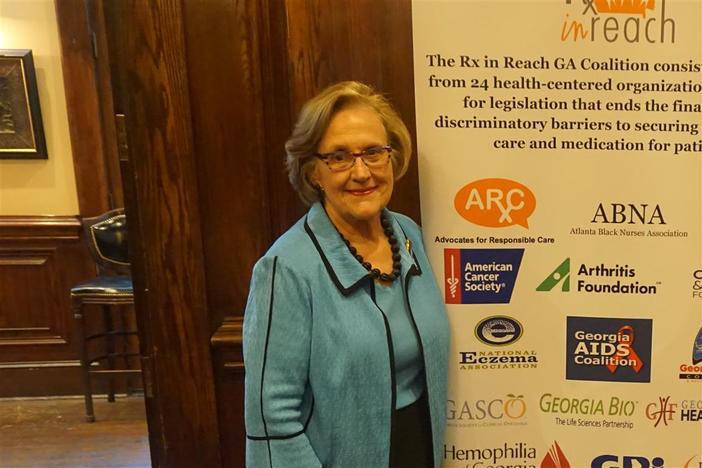Section Branding
Header Content
FCC To Vote On $100M Telehealth Initiative For Rural Health Care
Primary Content
The Federal Communications Commission will vote July 10 on a $100 million initiative to improve health care access for rural Americans.
The money would boost funding for telehealth equipment across the country including here in Georgia, allowing people who can’t get to a clinic or hospital to see their doctors online.The Federal Communications Commission will vote July 10 on a $100 million initiative to improve health care access for rural Americans. GPB’s Ellen Eldridge reports.
Telehealth is defined as the use of electronic information and telecommunication technologies to support long-distance clinical health care, patient and professional health-related education, public health and health administration, according to the Federal Office of Rural Health Policy. Technologies include video conferencing, the internet, store-and-forward imaging, streaming media and terrestrial and wireless communications.
Sherrie Williams with Global Partnership for Telehealth in Waycross said money from the FCC would be a big help to rural hospitals in Georgia, many of which are struggling to keep the doors open and staff paid.
Regardless of how much money the state may see if the FCC approves the initiative, Williams wants sustainable ideas.
"We've learned that the success of the program in rural America is really a grass roots kind of organic effort," she said. "So, hopefully, that flavor will remain and, after these funds go out, these small communities are able to see huge success."
Georgia's partnership for telehealth has a 20-year history of working with small hospitals, small medical practices, school districts and correctional facilities located in rural parts of the state, Williams said.
"We understand rural Georgia," Williams said. "We understand how to work in these communities. And we know how to set up a program that's sustainable and successful."
Telemedicine is increasing in popularity as many rural hospitals close and doctors gravitate to larger cities.
Williams said telehealth programs will eventually becomes a standard part of rural healthcare and this is evident by Rep. Earl Leroy "Buddy" Carter's recent BREATHE Act proposal and the mention of telehealth in the Agriculture Improvement Act of 2018.
"I think our government is recognizing rural America as really the backbone of what's happening (in health care)," Williams said. "If those farmers, who grow our food and produce cotton for our clothes, can't get health care then they can't produce in this industry."
Secondary Content
Bottom Content




